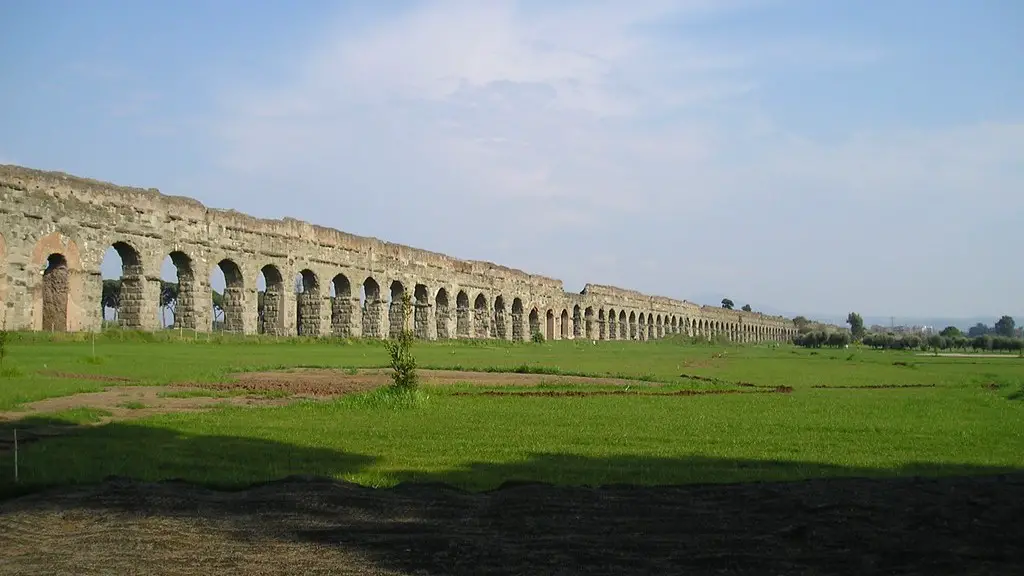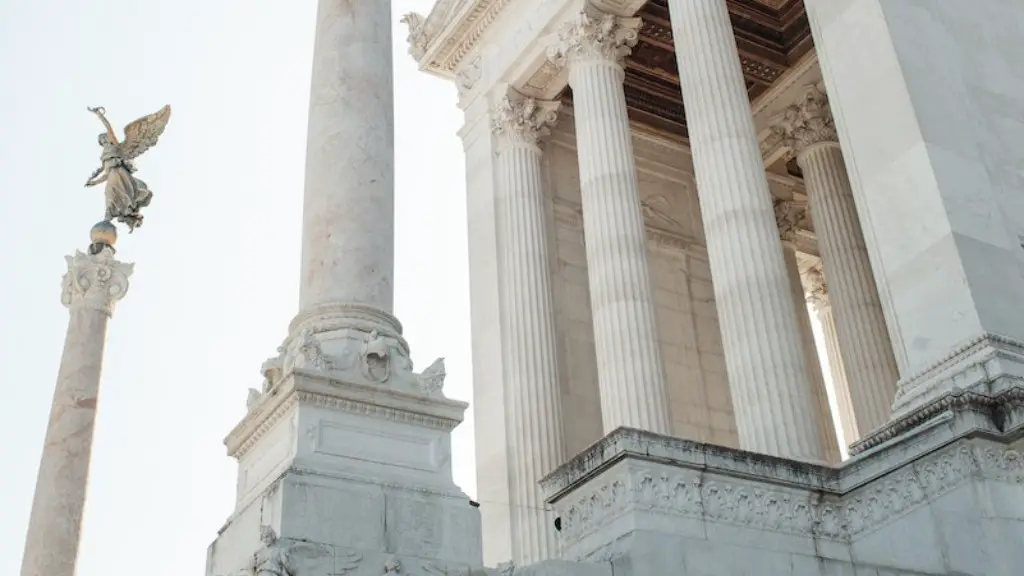Introduction
The Senate of Ancient Rome was an important institution, often referred to as the “mother of parliaments”. It served as the legislative arm of the Roman Republic and had a significant role in the development of Roman law. The Senate was composed of upper-class patricians and held great political and judicial authority. This article will analyse the power that the Senate wielded and the ways in which it impacted Roman life.
Legislative Power
The Senate had the power to enact legislation, which was to be followed by the populace. It was responsible for the adoption of new laws, the approval of treaties and foreign alliances, the declaration of war, and the regulation of trade and commerce. It was also responsible for approving appointments to magistracies and other major offices, and for granting exemptions from taxation and military service. The Senate voted on decisions in an open assembly, and had the power to impeach a magistrate or to award public honours and honours of the gods.
Judicial Power
The Senate was also responsible for acting as the final court of appeal in matters of law. It held jurisdiction over cases involving treason, counterfeiting, sedition and other violations of law, often imposing heavy penalties on those found guilty. It was also responsible for hearing petitions from citizens and acting upon them as appropriate. Decisions made by the Senate in these matters were binding and had to be obeyed.
Political Power
Perhaps the most significant power held by the Senate was its control over political matters. It had the ability to pass or reject motions proposed by magistrates, thereby enabling it to exercise great influence over the government. It could also call a magistrate to account if it perceived any misconduct or abuse of office. This power to influence political outcomes led to many disputes within Roman politics, as well as between the Senate and the magistrates.
Cultural and Religious Power
The Senate was also influential in shaping the culture and religion of Ancient Rome. It had the power to grant state religion privileges to schools, temples, and cults, even those which were not officially sponsored by the state. It also established the order of social classes and had the power to grant privileged status to certain groups. The Senate also had the power to set public festivals and holidays by decree.
Financial Power
The Senate had the power to impose taxes and to manage the Roman treasury. It also had the power to mint coins and to set interest rates. It could levy new taxes, raise existing ones, and accept or reject requests for exemptions. It could also decide on the allocation of state resources. All of these measures enabled the Senate to exercise immense financial authority.
Military Power
The Senate also had a prominent role in the military affairs of Ancient Rome. It had the power to declare war on foreign nations and to approve or reject military campaigns. It could also appoint and dismiss generals from command, granting honours and privileges to those who excelled in battle or contributed to the glory of Rome.
The Decline of the Senate’s Power
In the later stages of the Roman Republic, the Senate’s power began to wane, as the power of the consuls increased. This led to the emergence of the triumvirate, in which the three most powerful individuals in Rome held great political influence. The Senate eventually lost its authority over the government and was reduced in power and significance, a trend which continued into the Roman Empire.
The Impact Of The Senate’s Power
The power of the Senate had a significant impact on the Roman world. It enabled the citizens of Rome to maintain their independence and their republican system of government. Its contribution to the development of the law ensured that justice was upheld, whilst its control over the economy enabled a fair distribution of wealth. Its military power helped to forge an expansive empire, whilst its cultural and religious influence ensured that Rome retained its unique identity.
Conclusion
The Senate of Ancient Rome was an important institution whose power enabled it to exert great influence over political and economic affairs. Its legislative, judicial, financial and military powers enabled Rome to maintain its independence and to create an expansive empire. Its role in the development of Roman law and its contribution to the culture and religion of Rome left a lasting impact on the world.


